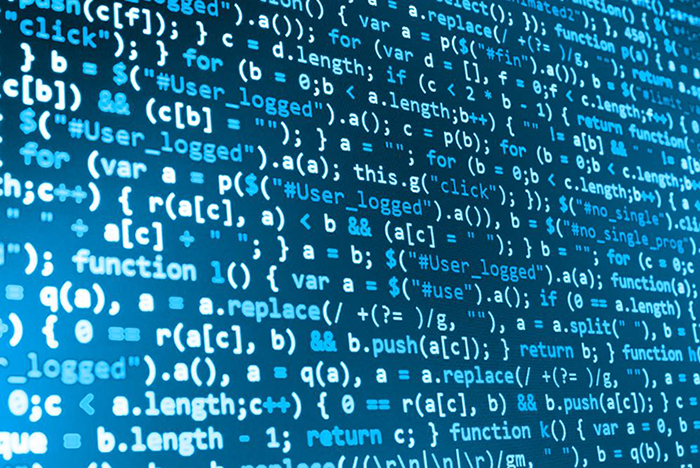
The history of mankind has ended, having transformed in the 21st century into “hyper history”. This is a qualitatively different way of life and development of mankind, in which there are now two types of main players: people (more precisely, “androrhythms”) and algorithms. Now the cultural component of the gene-cultural evolution of the Homo sapiens species depends on both types of these players that operate in a new type of culture – the “algocognitive” (synthetic) culture of androrhythms and algorithms.
There is no need to explain things about algorithms. It is already more or less clear to everyone that as people turn into “inforgs” (who spend more time online than in a dream), their ideas about the world, preferences, perception of good and bad (and, in the limit, good and evil), as well as their solutions, are increasingly dependent on network algorithms that act as a kind of “brain” of the planetary Internet information network.
However, in addition to the “computational” component of people available for managing algorithms, they also have a purely human “non-computational” component – androrhythms.
This neologism, which has already become a meme, was used by Gerd Leonhard in his book “Technologies Against Humanity” to refer to purely human properties and qualities of people:
empathy, compassion, creativity, love, intuition, irrationality, craving for mystery, the ability to make mistakes and innovate endlessly. And of course – the inescapable desire to ask questions (“computers are stupid – they only give answers” (Picasso); computers – for answers, people – for questions (Kevin Kelly)).
Learn more about digital assets and modern security protocols as well as how to trade Cryptocurrencies like Bitcoin, Ethereum, and rarer coins with trusted brokers
It is extremely dangerous to leave people only “human”, relying on the rest of the optimization superpowers of algorithms. And this is exactly what happens when algorithms make responsible decisions for people. Yes, since even decisions that may seem small at first (such as what to read, watch, buy …) lead to much bigger ones (which politician to vote for, support the war or not …).
If you do not begin to regulate the activity of algorithms, they will eventually subdue androrhythms in everything (as is often the case, for example, when using popular dating applications).
China was the first country in the world to introduce the regulation of network algorithms from March 1.
How this will work in practice no one knows yet. If we follow the new regulation, personalization network algorithms and recommendations are out of the picture. As well as personalization of prices as it is now when ordering taxi companies use personal information (for example, mobile phone model) to offer clients different prices for a ride.
For non-compliance with regulation, the state promises to strangle with large fines and problems with the IPO. Violators may also be prohibited from registering new users, have their business licenses revoked as well as their websites or applications shut down.
The main concern with this regulation is that it will be very costly for businesses to violate it but how to execute it is not so clear yet especially when it comes to controlling the behavior of the algorithm, which is constantly changing due to new input data.
In the Chinese framework, it is officially announced that the goal is the social, financial, and psychological protection of citizens from manipulation, monopolies, discrimination, and fakes.
However, in reality, the main motive may be the unwillingness to lose 100% control over society and share power: neither with business nor with algorithms.
Subscribe for our newsletter
Get Forex brokers reviews, market insights, expert analytics and education material right into your inbox for free!